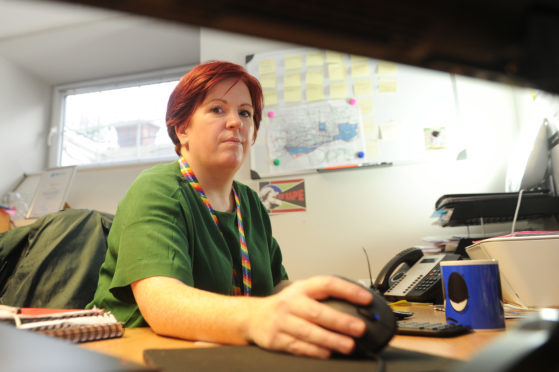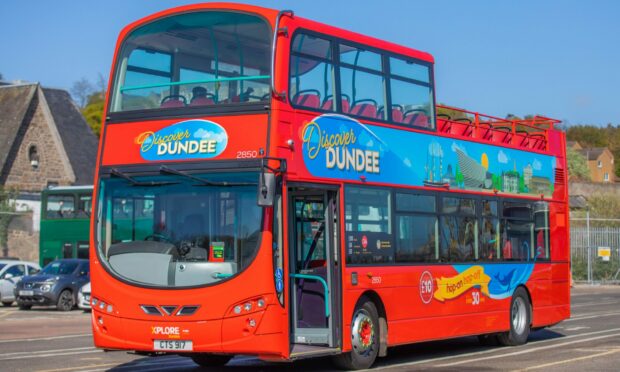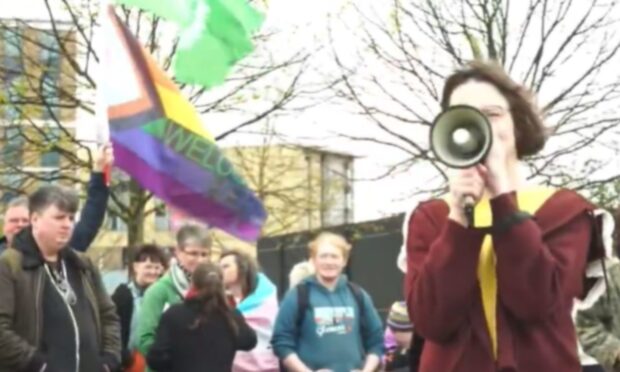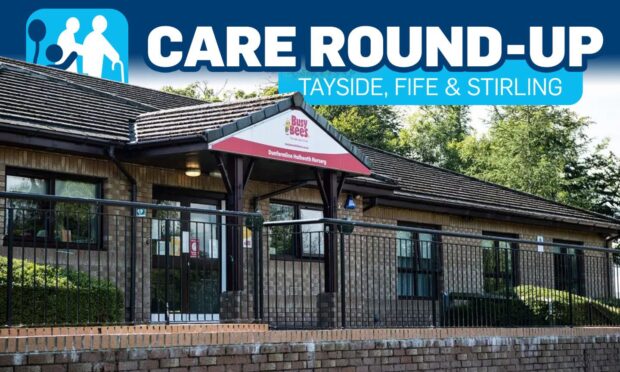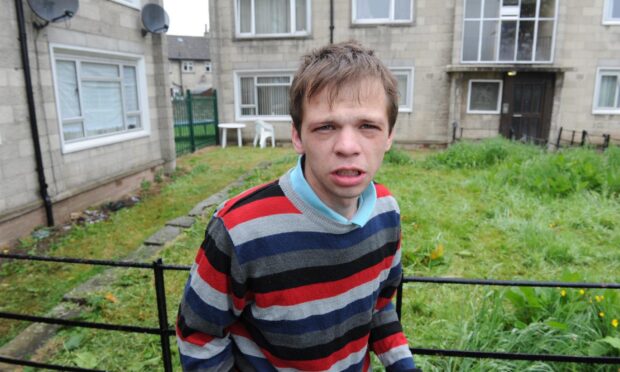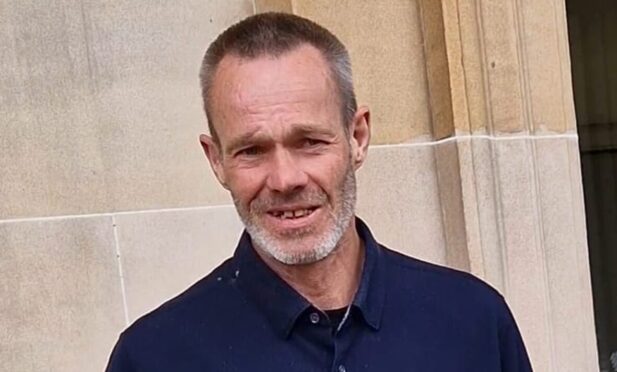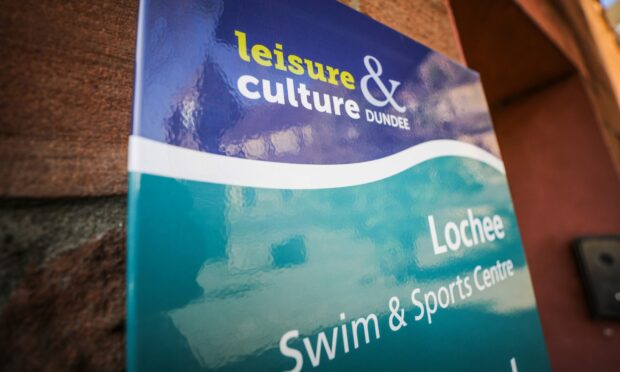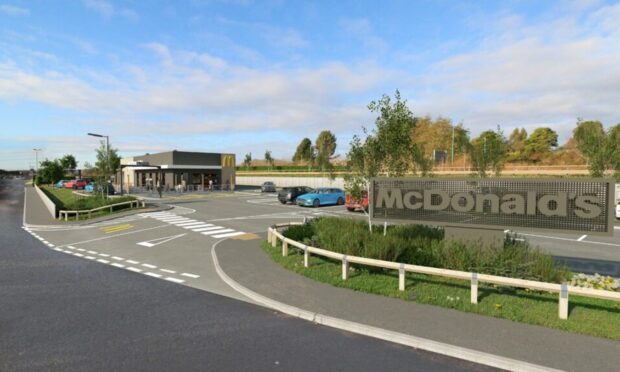A leading Dundee women’s charity has said drug treatment services must be tailored to help prostitutes trapped in a cycle of violence and substance abuse.
The Women’s Rape and Sexual Abuse Centre’s submission to the recently-established Dundee Drugs Commission said that more than half of the women it had worked with who were involved in prostitution had problematic drugs issues.
And it warned that the women are often involved in a “cycle of substance misuse” where they are involved in prostitution on order to pay for drugs and alcohol which they need to block out their experiences of prostitution.
Between April 2015 and March 2018, the charity supported 126 women involved in prostitution.
Of these, 69 had problematic drug issues, 36 had experienced homelessness, 12 had children who were in the care of social work, 33 were experiencing domestic abuse and 24 had been sexually exploited when they were a child or young person.
Many of the women had been subjected to horrific levels of violence.
Twenty one had been raped, three had experienced attempts on their lives, nine had received threats to kill them and 27 had experienced physical abuse.
Two women had also been tortured.
According to the report, written by WRASAC manager Sinead Daly and Vice Versa support worker Laing Taylor, women involved in prostitution with drugs problems have particularly chaotic lives and “high levels of mistrust” of substance misuse services.
It states: “Women who have or are involved in prostitution have high levels of mistrust of statutory substance misuse services.
“They are frightened of speaking about their use of drugs and their involvement in prostitution for fear of consequences, particularly if they are funding their drug use through prostitution.
“They fear having children taken off their, fear of getting taken off their (methadone) script, and fear of being judged by professionals because of their involvement in prostitution and their drug use.”
The report also states that it takes an average of seven years for a woman to escape prostitution and that a “holistic” approach is needed to support those with substance misuse issues.
Women involved in prostitution also suffer a range of other issues.
Thirty-five had experienced anxiety, 33 depression while 32 had self-harmed.
Fifteen woman working with WRASC had attempted suicide while 31 regularly had suicidal thoughts.
It states: “Treatment programmes have tended to be focused on a medicalised model of treatment rather than a person centred support.
“Such an approach has mean that many of these vulnerable women haven’t been able to build trusting relationships with staff in these services.”
Ms Daly said that despite the dire situations women involved in prostitution are trapped in, they receive little sympathy.
She said: “They are some of the most stigmatised people in our communities.
“Most have experienced childhood trauma and sexual abuse.
“In adulthood they then experience continuing sexual violence and abuse.
“It is imperative any strategy takes cognisance of these women.”
The Dundee Drugs Commission will meed for the third time on August 22.
It was set up to combat the high number of drugs deaths in Dundee, which is now Europe’s capital for the tragedies.
There were 57 drugs-related deaths in the city in 2017, up from 38 the year before.
